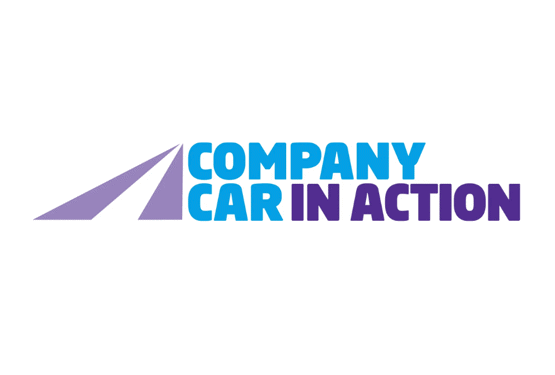Analysis conducted on the health status of electric vehicle (EV) batteries has demonstrated a longevity well beyond manufacturer warranties.
The research, conducted by by Arval’s consulting and remarketing teams, was based on 8,300 battery health certificates for used EVs from 30 different brands sold by Arval from March 2023 to November 2024, in eight countries.
It found that EV batteries maintain their performance over time.
Arval offers a battery health certificate when reselling Its EVs on the used car market.
By issuing these health certificates and leveraging the insights from this analysis, It aims to reassure buyers of used EVs about battery performance after several years of use, removing one of the barriers to their adoption.
Of the 8,300 EVs tested, the average battery health was 93%, with 100% being the theoretical health status of the battery when the vehicle is first put on the road.
The vast majority (98%) of the measured health statuses were above 80%.
After travelling 70,000 kms (43,500 miles), its analysis reveals that an EV's average battery state of health was 93%, while beyond 200,000 kms (124,000 miles) the health status remains close to 90%, on average.
Gary Burns, remarketing director at Arval UK, said: “In the UK, state-of-health of the battery is an important factor for our buyers - both consumers and motor dealers.
“In 2024, we began testing on our used EVs at some UK sites, with around 1,400 used cars going through this process so far.
“Our solution displays the data the car holds on its current state of battery health to show how much of the battery capacity is still usable.
“The information can then be shared with our customers so they have a current view of the performance of the battery.
“As a growing number of customers transition to battery electric vehicles, it's vital that we're transparent throughout our sales processes.”
He added: “Battery health is an important factor when it comes to electric vehicles, so buyers need access to clear, accurate details.
“This initiative does that, and is a key part of our broader commitment to electric vehicle education and supporting our customers in making sustainable, informed choices.”
Through their dedicated interface, Arval's used vehicle buyers have access to a QR code for each vehicle, allowing them to generate the battery health certificate.
This certificate indicates the battery capacity percentage compared to its new state, as well as the calculation of the range in kilometers depending on the type of journey (urban, highway, mixed) or weather conditions.
The battery health certificates for Arval's used electric vehicles are generated by Moba and Aviloo, two companies specialising in battery evaluation that are among the only three companies approved by CARA (Car Remarketing Association Europe).
To date, there is no official standard calculation method for evaluating battery levels at the European level, so Arval relies on CARA's expertise, which offers an independent evaluation and certification of battery health.
Bart Beckers, chief commercial officer at Arval, explained: “This analysis, along with the issuance of electric vehicle battery state of health certificates, fully illustrates Arval's expertise and commitment to accelerating the energy transition.
“By providing concrete insights, they help remove barriers and change perceptions that can hinder the re-sell of electric vehicles.
“A transparent approach is essential to build consumer trust and to stimulate a still-developing used market.”
Arval's analysis is based on 8,300 health certificates conducted in eight countries (Netherlands, Belgium, France, Spain, Italy, Germany, United Kingdom, and Switzerland), of which 77% were BEVs and 23% were PHEVs.
The vehicle leasing company's use of battery health ceritificates for Its used EVs comes as the industry warns the Government that the switch away from internal combustion engine (ICE) vehicles Is at risk unless it helps ease residual value (RV) volatility.
Used BEV values having fallen by 50% over the past two years and are forecast to fall a further 28% by 2030.
In an open letter to the Transport, Environmental Audit and Business Select Committees, the industry is calling for measures that support household and small and medium-sized enterprise (SME) access to BEVs, as well as mitigate the volatile residual values (RVs) denting market confidence.
Coordinated by trade body, the British Vehicle Rental and Leasing Association (BVRLA) and signed by more than 25 organisations, including fleets, vehicle rental operators, leasing companies and trade bodies, the letter says that, while most new vehicles are bought by businesses, the majority of UK consumers only buy on the used market.
Those buyers currently have no support to make the shift to BEVs, creating a chasm between supply, due to increase by 178% by 2028, and demand.
This gap, says the letter, has put values of second-hand electric vehicles under enormous pressure.
The BVRLA says that relying on the industry to shoulder that impact on a long-term basis is unsustainable and will see new vehicles become more expensive to access or limit supply.





















Login to comment
Comments
No comments have been made yet.